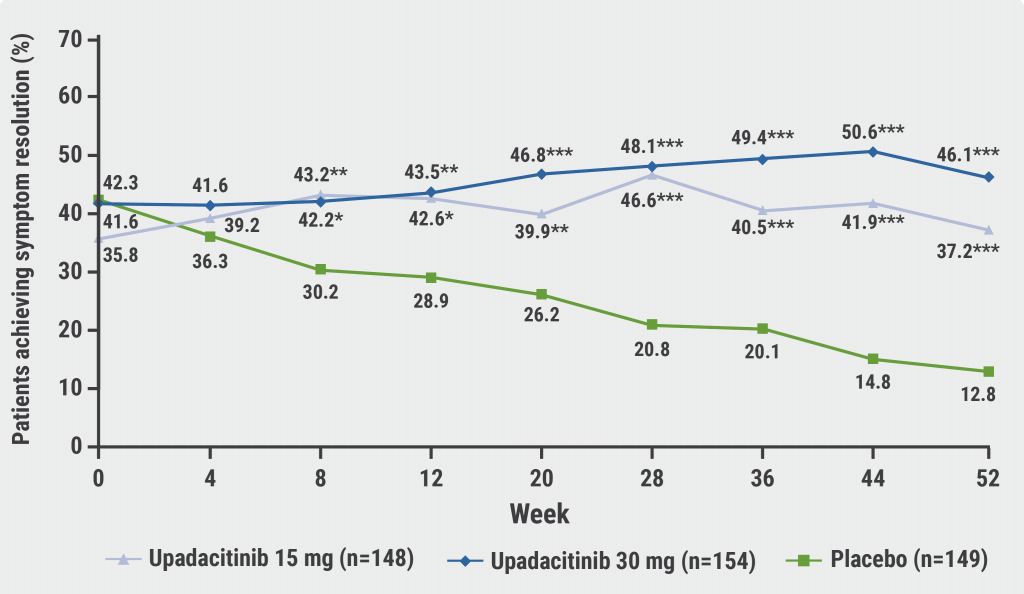More than 90% of patients with DH have an associated gluten-sensitive enteropathy, but the prevalence of DH among patients with CD and the characteristics of this group remain unclear.
To investigate, Dr. Bridget E. Shields and colleagues of the Perelman School of Medicine, in Philadelphia, examined data on 3,775 patients in the Celiac Disease Foundation's survey-based iCureCeliac patient-powered research network.
All patients had a diagnosis of CD, refractory CD, or DH. The broad definition of DH included all patients with self-reported DH, and the strict definition included self-reported DH with diagnosis confirmed by results of skin biopsy.
The prevalence of DH in this group was 2.17% using the strict definition and 7.95% using the broad definition, the researchers report in JAMA Dermatology.
Both DH and CD groups were predominantly white and female, but the DH group was significantly older than the CD group at diagnosis.
Significantly more patients with DH (13.4%) than with CD (5.7%) did not recall having counseling on a gluten-free diet (GFD) at initial diagnosis.
"Patients with CD carry an increased risk of enteropathy-associated T-cell lymphoma owing to long-term gluten exposure and intestinal inflammation, with evidence suggesting the risk may be mitigated by gluten restriction," the authors note. "A GFD is especially important in the first 5 years following diagnosis because increased lymphoma mortality exists during this window."
"Because a majority of patients with DH have underlying enteropathy, and dermatologists may be the first to diagnose patients with CD, dermatologists should also be prepared to counsel on a GFD and/or arrange follow-up with a gastroenterologist or dietitian," they add. "Results of the present study suggest a potential practice gap because patients with DH exhibited decreased odds of recalling counseling on a GFD at time of diagnosis when compared with patients with CD but without DH."
"Further prospective studies are needed to better understand the DH population, specifically if comorbidities and prognosis mirror those in patients with CD but without DH," the authors conclude.
Dr. Luis Rodrigo of Hospital Universitario Central de Asturias, in Spain, who recently reviewed cutaneous and mucosal manifestations associated with CD, said all patients diagnosed with DH should be sent to a gastroenterology clinic to check for CD and to a nutritionist for counseling about following a GFD.
"It is necessary to perform serologic and genetic testing for CD in patients with DH," he told Reuters Health by email.
Dr. Shields did not respond to a request for comments.
By Will Boggs MD
SOURCE: https://bit.ly/2IkqFr6 JAMA Dermatology, online October 7, 2020.
Posted on
Previous Article
« Surgical valve explantation after TAVR tied to high short-term mortality Next Article
Probiotics promising for Parkinson’s constipation »
« Surgical valve explantation after TAVR tied to high short-term mortality Next Article
Probiotics promising for Parkinson’s constipation »
Related Articles

April 18, 2024
How effective is dose escalation of biologicals in IBD?

© 2024 Medicom Medical Publishers. All rights reserved. Terms and Conditions | Privacy Policy

